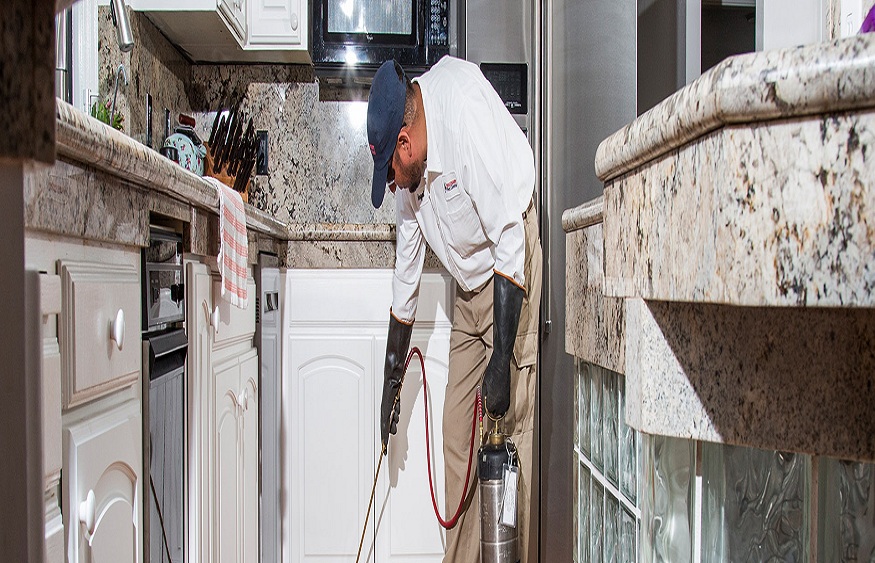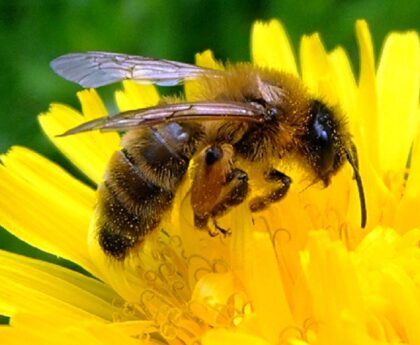Microbial pesticides are biocontrol agents, bioactive compounds derived from microorganisms, bacteria, fungi, viruses or protozoa etc. These natural agents are used in pest control in the agricultural and horticultural processes. They operate on the concept of selecting pests of interest and not the useful ones hence playing a central role in the so called pest control. With increasing consciousness regarding the environment, microbial pesticides have come into use for pest control as they have low impact on the environment and include services such as pest control in Brentwood.
Why is there growing interest in microbial pesticides?
The use of microbial pesticides may be attributed to the rising concern for organic farming since it is more friendly to the environment. The conventional chemical pesticides as you may be aware provide solutions to farming, however have negative environmental repercussions in the long run. Microbial pesticides on the other hand are eco-friendly and if used have least effects on non-target species, the soil and water. Further, they are consistent with the purposes of integrated pest management systems that conceive strategies that de-emphasize reliance on synthetic insecticides.
In what way does microbial pesticide foster sustainable agriculture?
Microbial pesticides are vital tools for the promotion of sustainable agriculture because they do not upset the balance of ecology and are chemical free. They affect pests selectively and this helps to avoid harming other useful insects and microorganisms in the same process.
As they conserve the soil biological diversity and improve plant health, microbial pesticides play an important role in constructing sustainable agriculture productivity. They also promote organic farming, which is becoming the order of the day in modern farming methods.
What challenges does microbial pesticide solve in pest management?
In comparison with conventional pest control agents, microbial pesticides encompass several shortcomings. Unlike synthetic chemicals they do not lead to pest resistance because they do not expose the pests to the same chemical repeatedly. This also reduces worries concerning residues on crops, and which could land the produce in the market with a downturn in consumer preference. Furthermore, microbial pesticides help to find another management solution of pests in places where the use of chemical control reagents is restricted.
How is Innovation enhancing the utilisation of microbial pesticides?
Biotechnology has played a vital role in enhancing the use of microbial pesticides in the control of pests. New approaches in the process of fermentation and genetic engineering have increased effectiveness and viability of these biological agents. Methods of application include seed coatings and soil treatments to enhance the microbial pesticide’s ability to reach its intended destination t. These developments are to deprive microbial pesticides as a viable and sustainable solution to current pest control.
What are the prospects for microbial pesticides?
Microbial pesticides are expected to have a brighter future more and more the agricultural industry focuses on the conservation point of view. Future work is proposed in the development to increase the number of pests amenable to microbial control and flexibility of microbial pesticides in relation to environment and crop. Since environmentally sustainable pest management is the emerging concept, microbial pesticides are poised to assume the centrality of pest management internationally.
Conclusion
The increase in the use of microbial pesticides clearly demonstrates the socially desirable and economically feasible pest control prospects. These concepts of biological control agents are a progressive shift in the concepts of agriculture; social and environmental issues, a reduction in chemical consumption, and promotion of agricultural yields. It is for this reason that microbial pesticide is poised to become one of the more important tools for changing the face of farming for the better.




